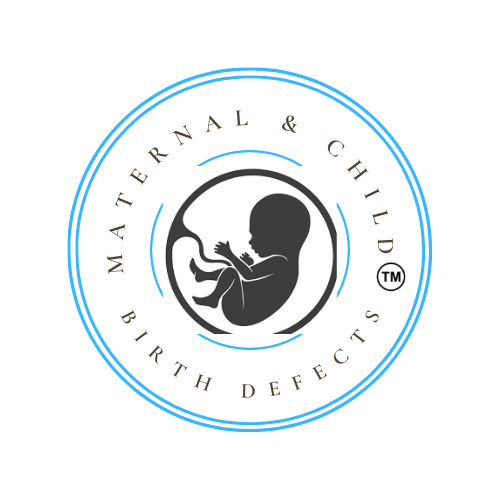Birth Defects
Birth defects are structural changes present at birth that can affect almost any part or part of the body (e.g., heart, brain, foot). They may affect how the body looks, works, or both. Birth defects can vary from mild to severe. The well-being of each child affected with a birth defect depends mostly on which organ or body part is involved and how much it is affected. Depending on the severity of the defect and what body part is affected, the expected lifespan of a person with a birth defect may or may not be affected. Birth defects can occur during any stage of pregnancy. Most birth defects occur in the first 3 months of pregnancy when the organs of the baby are forming. This is a very important stage of development. However, some birth defects occur later in pregnancy. During the last six months of pregnancy, the tissues and organs continue to grow and develop.
Every 4 ½ minutes, a baby is born with a birth defect in the United States. That means nearly 120,000 babies are affected by birth defects each year. Birth defects are structural changes present at birth that can affect almost any part or part of the body (e.g., heart, brain, foot). About one in every 33 babies is born with a birth defect. Not all birth defects can be prevented. But a woman can take steps to increase her own chance of having a baby with the best health possible.
WorldBDDay #WorldBirthDefectsDay #ManyBirthDefects1Voice #DiaMundialDefectosCongenitos #MuchosDefectosCongenitos1Voz
https://www.facebook.com/Birth-Defects-Hcrffngo-106989581858230
Press Release

Pierrette J Cazeau, MBA, MHA
Post-Doctoral, Global Public Health Diplomat
Designated National Focal Point to UNFCCC
Member-At-Large Executive Committee to UN NGO WGEH Hispanic Community
Registration for Birth Defects event
Join us on March 3 for the Birth Defects Side Event
Register Here:


